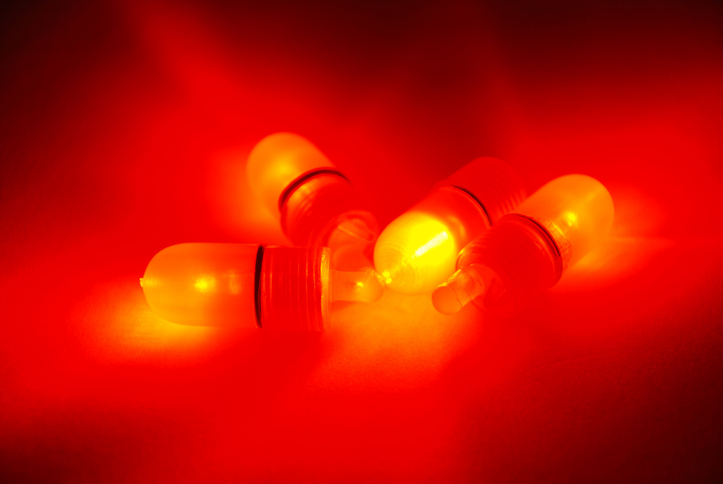
Vitamin D and Red Light Therapy – Power Up With This Healthy DUO!
You might get a shorter answer by asking the opposite question, “what doesn’t Vitamin D do?” That’s because Vitamin D does a lot throughout your body. It’s essential for helping everything from your teeth and bones to your brain and immune system. It can also help promote an anti-inflammatory response, which is crucial for preventing or managing chronic health conditions.
Our bodies naturally create Vitamin D through direct sunlight exposure. However, you can also get it from eating foods fortified with Vitamin D, animal products, mushrooms, and supplements.
What are the Benefits of Taking Vitamin D?
Wondering what Vitamin D is good for? We can summarize it by saying, “a lot.” But here are some more specific benefits of Vitamin D for improving your overall health and well-being.
Promotes Bone Health
One of the most critical functions of Vitamin D is helping with calcium absorption, which is crucial for keeping bones and teeth strong and healthy. Vitamin D deficiency is linked to bone disorders, including Rickets in children and osteoporosis and osteomalacia in adults.
May Prevent or Fight Illnesses
Vitamin D’s benefits go beyond our bones. There is a proven correlation between low Vitamin D levels and severe conditions such as multiple sclerosis (MS), cardiovascular disease, and some autoimmune conditions, like type 1 diabetes and rheumatoid arthritis. Additionally, Vitamin D may help lower the risk of developing a severe case of viruses like the flu or COVID-19.
Regulate Mood
It may not be a coincidence that you feel lousy during the dark winter compared to the warm spring and summer months when you can naturally step outside and get Vitamin D from the sunshine. Researchers have linked Vitamin D to mood regulation, with studies showing that people experiencing negative emotions felt better after taking Vitamin D supplements.
How to Take Vitamin D Correctly
After taking a discrete at-home Vitamin D test to determine whether you are getting enough of this essential nutrient, you may decide to take Vitamin D supplements. While supplementation is generally considered a safe way to increase Vitamin D levels, your body will not absorb Vitamin D supplements the same way it will absorb natural forms of Vitamin D. So, you generally will take a Vitamin D supplement of 1,000 IU. Always check with a healthcare provider if you have questions before taking any supplements.
You may take a Vitamin D supplement at any point during the day as long as you take it consistently. To ease digestion, you may want to pair your Vitamin D supplement with some food.
There is such a thing as too much Vitamin D. Re-test your Vitamin D levels after some time, usually around one year. If you start losing weight unintentionally, have kidney stones, or are experiencing a rapid heart rate, stop taking Vitamin D and seek care from a medical provider, as your Vitamin D levels may be too high.
Finally, consider pairing Vitamin D supplementation with other alternative medical treatments, such as red light therapy. This therapy can naturally increase your energy levels and oxygen flow, helping you feel better from the inside out. Combining red light therapy with Vitamin D supplementation could be the key to feeling like yourself again.
Health Disclaimer: It is recommended the reader of this site consult with a qualified health care provider of their choice when using any information obtained from this site, affiliate sites and other online websites and blogs. Please consult your health care provider before making any healthcare decisions or for guidance about a specific medical condition.